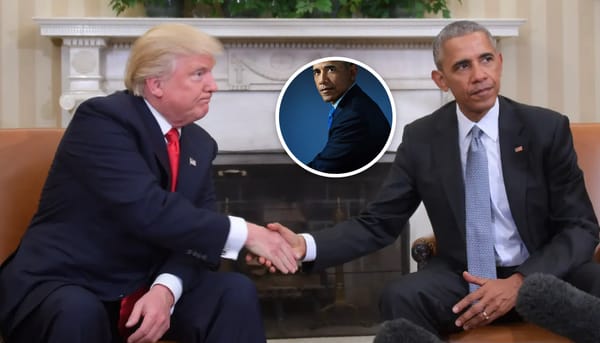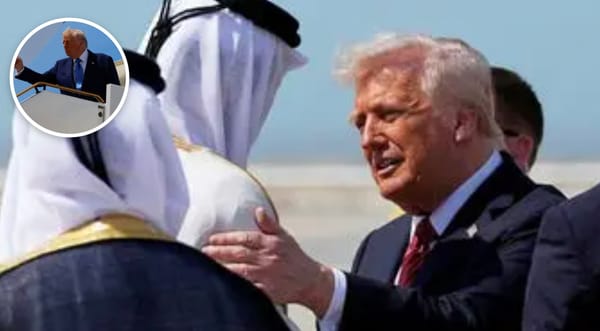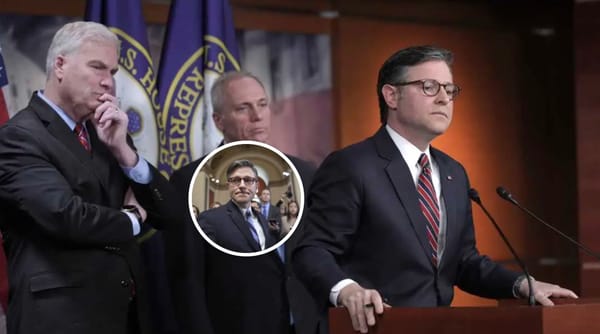South Africa court allows 'Shoot the Boer' song amid Trump genocide claims
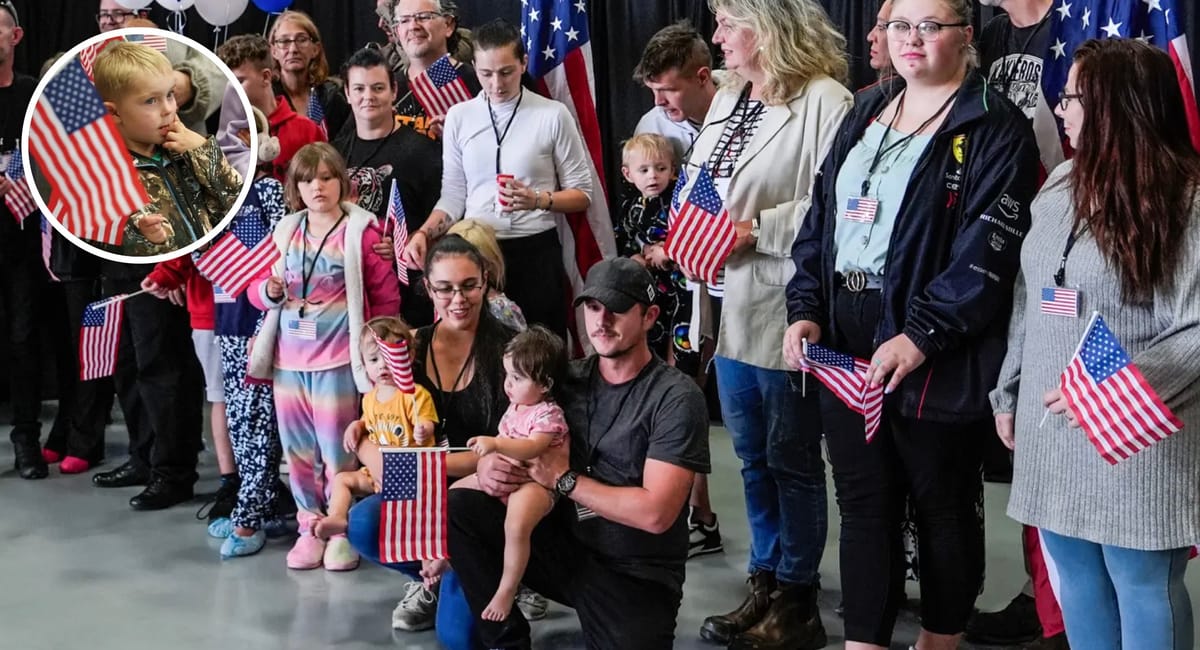
Amidst international debate and controversial claims, a court in South Africa has weighed in on a highly divisive political song.
This comes as former US President Donald Trump has granted asylum to some white South Africans, citing concerns about their safety and alleged persecution.
Trump Raises Alarm Over South Africa Situation
President Trump has voiced strong opinions regarding the situation in South Africa, specifically highlighting what he describes as a "genocide" against white farmers and alleged land confiscation.
These concerns prompted his administration to grant refugee status to members of the Afrikaner community, with nearly 60 individuals recently arriving in the United States.
The South African government facilitated their departure, allowing US officials to process applications locally and permitting the group to board a chartered flight.
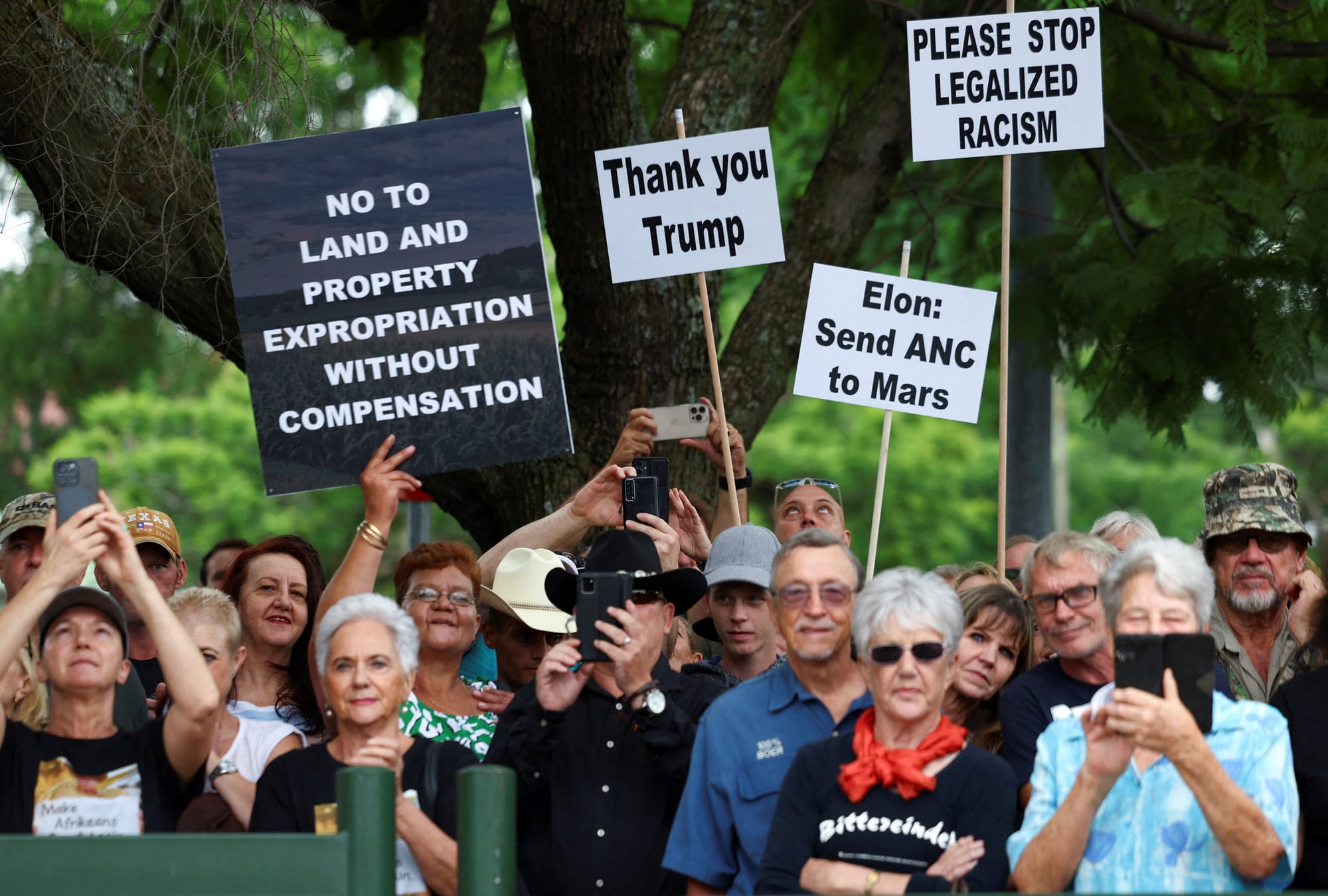
For those unfamiliar, Afrikaners are a distinct cultural group in South Africa, primarily descended from Dutch, German, and French settlers who arrived in the 17th century.
Historically, they have strong ties to farming and played a central role in the country's past, including during the apartheid era.
The current South African government firmly denies the claim of a genocide, stating that people are leaving not due to persecution, but because they are unwilling to accept the country's post-apartheid changes and constitution.
Debate Rages Over Land Reform and Equity Laws
A key point of contention is the issue of land reform. President Cyril Ramaphosa signed a bill into law aimed at addressing historical land dispossession faced by the black majority.
However, critics argue this law threatens property rights, a concern echoed by the Democratic Alliance (DA), a major coalition partner in the government, which plans to challenge the legislation in court.
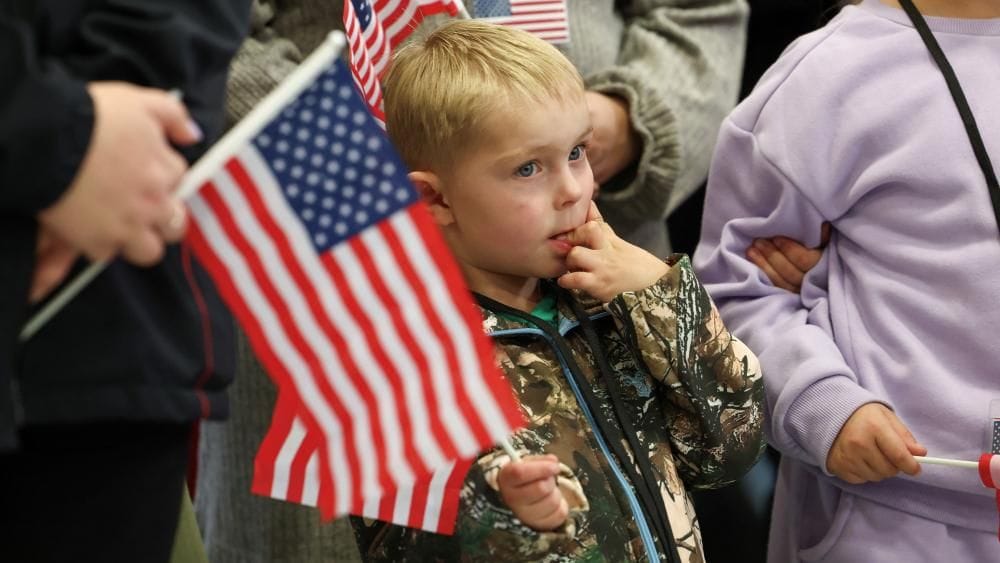
Employment equity laws are also a source of debate. While intended to redress historical imbalances and promote diversity in the workplace, some minority groups feel these laws create obstacles for them in securing jobs and contracts.
Critics, including the DA, argue that amended versions of these laws impose strict hiring targets that could lead to further marginalization for certain groups and potentially facilitate corruption.
Musk Weighs In, Citing "Racist Ownership Laws"
Adding to the international discussion, South African-born tech billionaire Elon Musk has been a vocal critic of some of the country's policies.
Musk referred to "racist ownership laws," specifically alleging his company Starlink faced obstacles operating because he is not black.
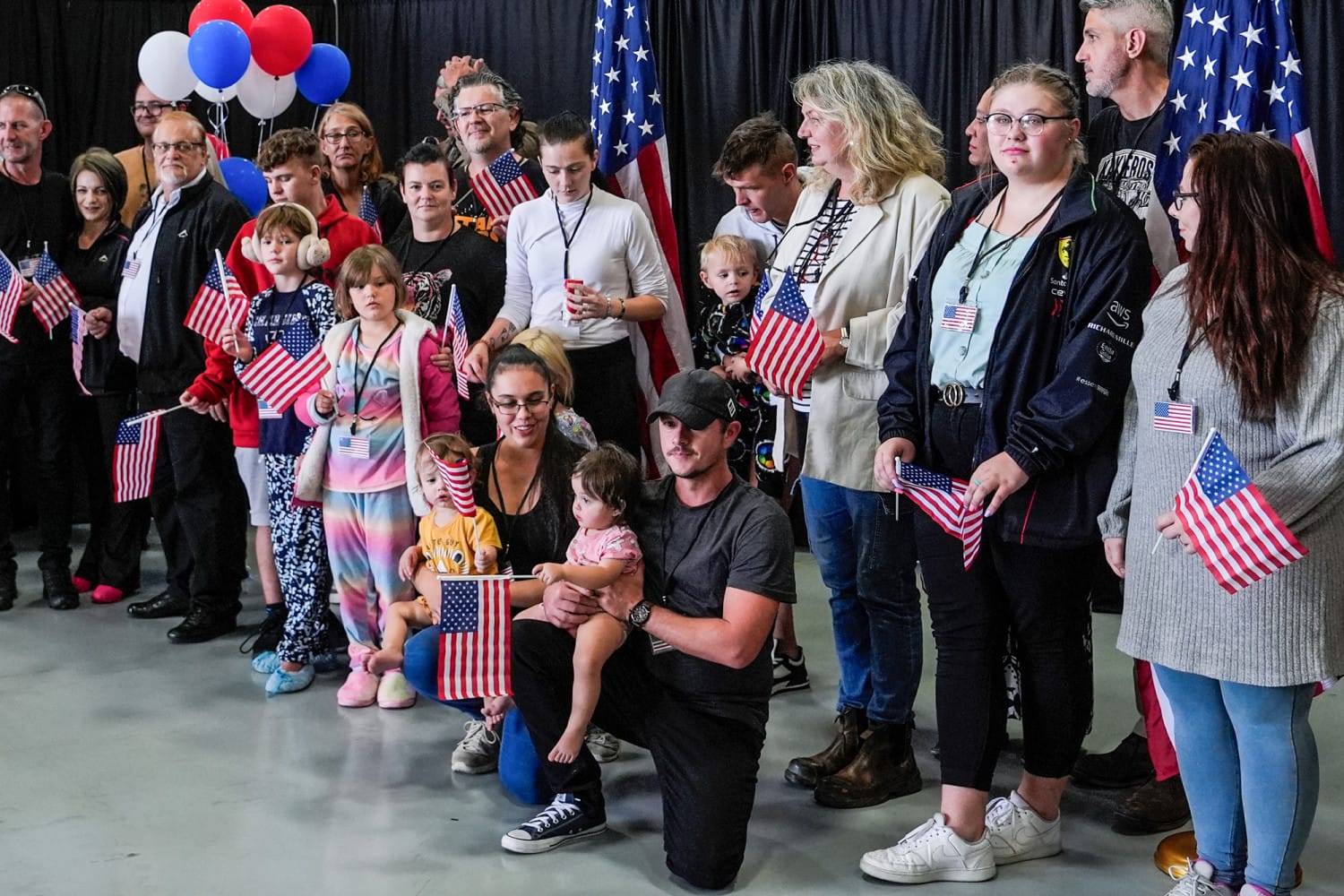
Regulatory requirements for network and service licences in South Africa stipulate 30% ownership by historically disadvantaged groups.
Authorities stated Starlink had never submitted an application, but the debate highlights the complexities business face with equity requirements.
Musk has also accused a political party, the Economic Freedom Fighters (EFF), of promoting genocide through a song sung at their rallies.
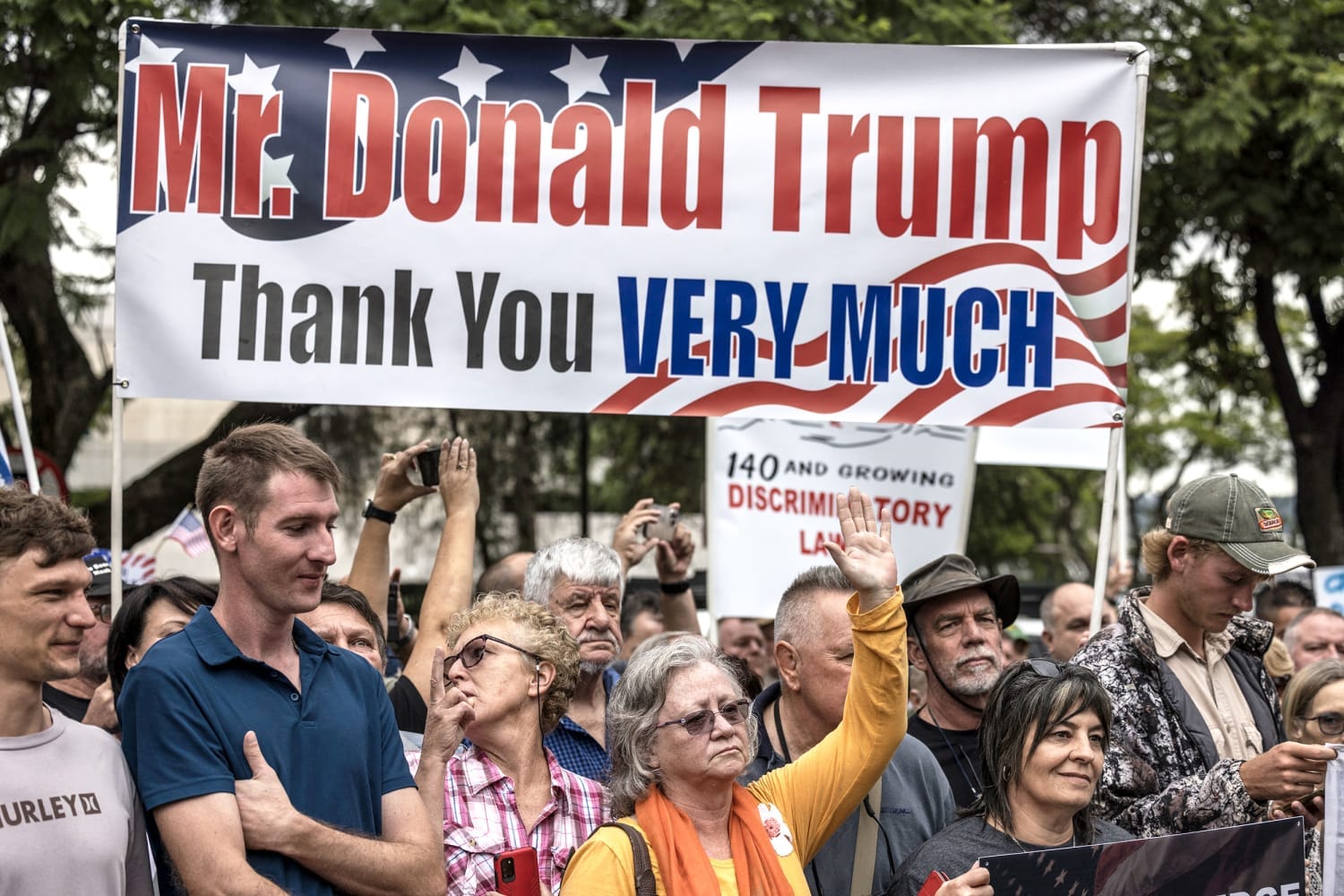
The Controversial Song at the Heart of the Debate
The song in question is "Shoot the Boer, Shoot the farmer," often sung by EFF leader Julius Malema at political gatherings.
Afrikaner lobby groups have sought to have the song banned, arguing it constitutes hate speech and is highly inflammatory, particularly given concerns about attacks on farms.
While crime statistics on race are not released, recent data showed 12 people were killed in farm attacks over a three-month period, including one farmer.
Supporters of the song argue it originated during the anti-apartheid struggle and should be understood in that historical context, not as a literal call to violence today.
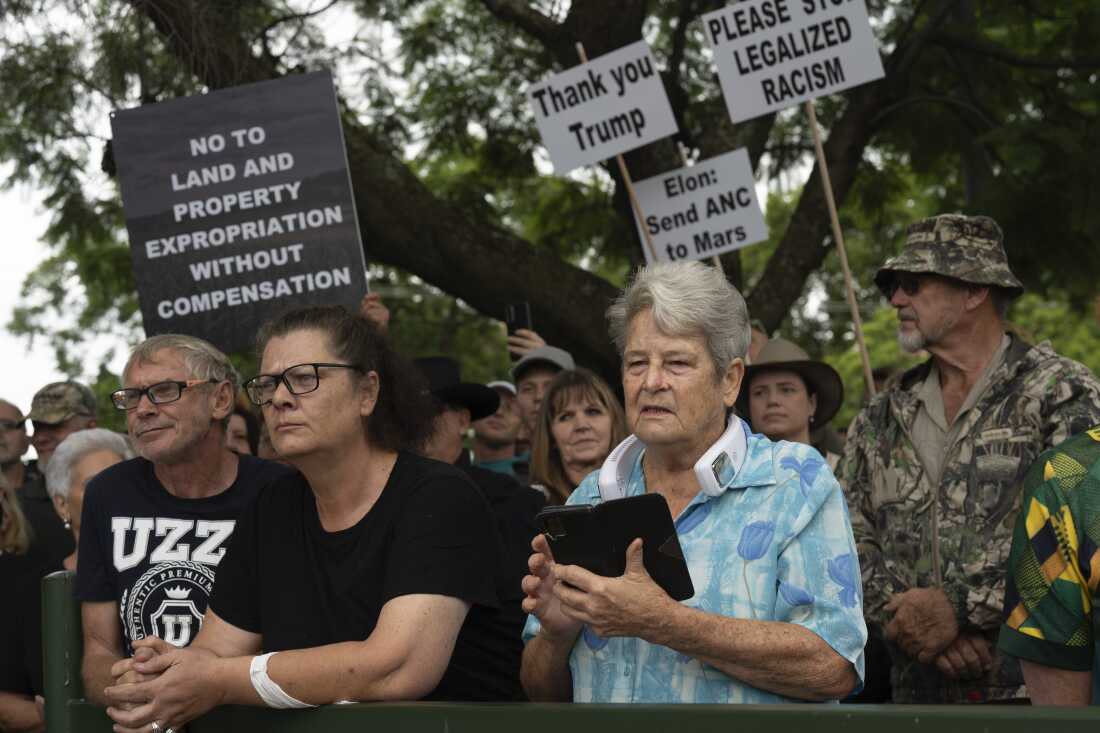
Court Rules Song is Permissible Political Expression
Despite attempts to ban it, South Africa's Supreme Court of Appeal ruled that EFF leader Julius Malema is within his rights to sing the song at political rallies.
The court determined that a "reasonably well-informed person" would understand that such protest songs, even by politicians, are not intended literally as a call to arms or violence.
Instead, the court viewed the song as a "provocative way" for the EFF to advance its political platform, which includes advocating for land and economic reform.
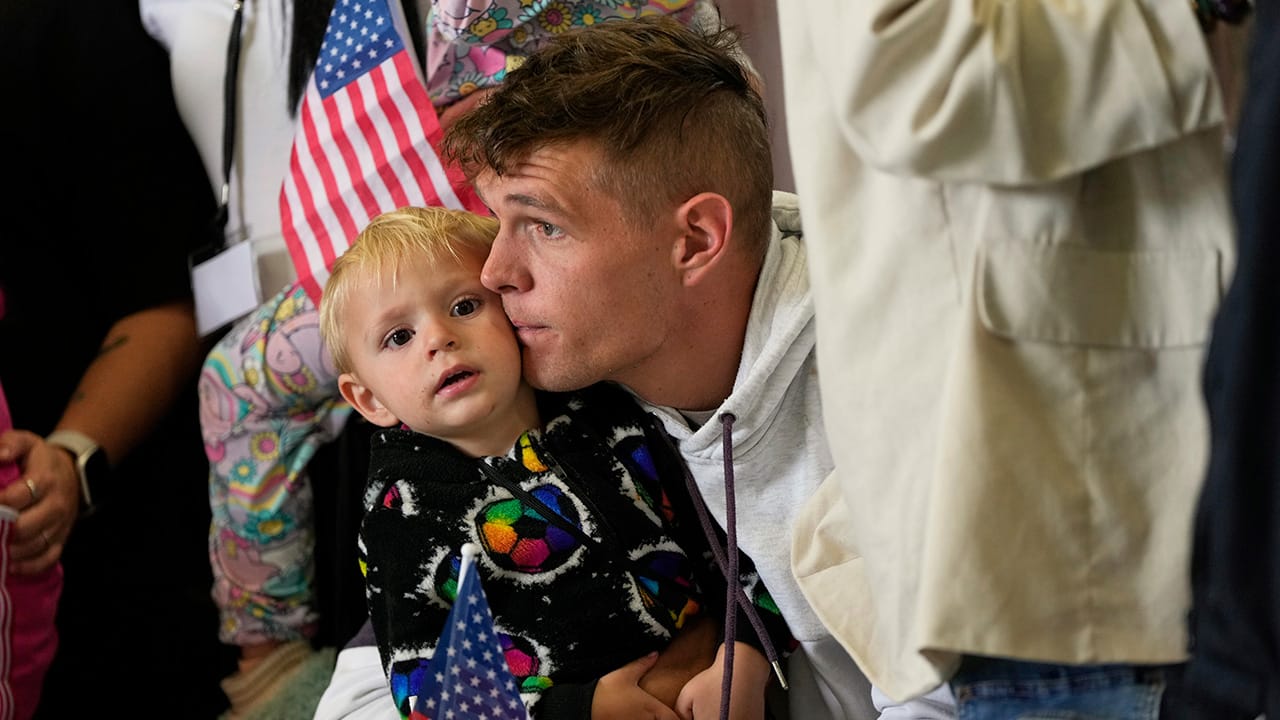
An appeal against this ruling was refused by South Africa's highest court.
This ruling, while a legal victory for the EFF, remains deeply controversial for those who see the song as perpetuating racial animosity and fueling fears among the farming community.
An Ongoing Debate
The complex issues of historical redress, economic equity, crime, and political expression continue to fuel intense debate both within South Africa and internationally, highlighted by the differing perspectives from figures like President Trump and South African authorities.
